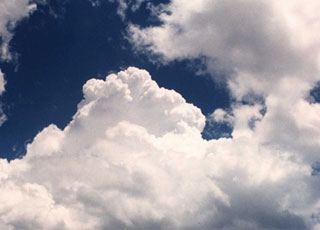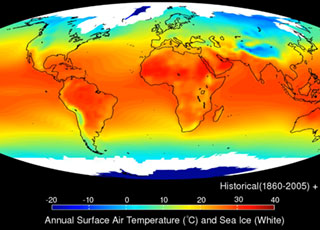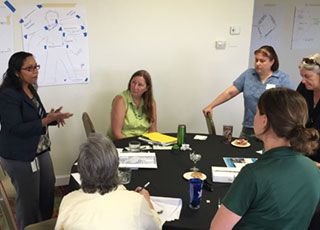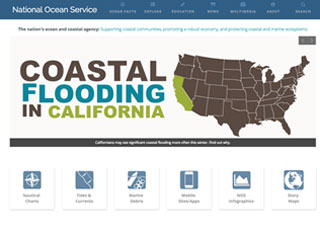
Building upon Lessons Learned from the NOS Sandy Work Integration Group and Sandy Supplemental funding experience, NOS brought together representatives from all program offices to collaborate on an integrated, compelling story of what NOAA can do with supplemental resources to enhance our delivery of Resilience products and services. A plan was created that includes justification of our enhanced capabilities should the need for emergency action arise. This guiding document can be scalable for any event & related supplemental possibility that may go along with it.
From this, NOS provided significant support and guidance for the development of a NOAA Blue Skies Plan - a cross-Line/Staff Office collaboration to enhance NOAA's delivery of products and services aimed at helping communities recover from natural disasters, and to predict and be more resilient and prepared for the next event. The purpose of the blue sky planning exercise was to develop integrated strategies for NOAA to use as a starting point when emergency supplemental capabilities are needed.

A series of five regional workshops for more than 400 formal and informal educators was sponsored by NOAA's Planet Stewards Education Project, led by NOS CED. This effort supports OSTP's Climate Education, Literacy and Training initiative announced in December. The workshops were developed with Federal, State, and NGO partners in Chicago, IL; Seattle, WA; St. Petersburg, FL; Boulder, CO; and Silver Spring, MD.
Each workshop focused on regional and/or topical impacts of climate change to connect educators and their audiences to the best-available, science-based information and resources about climate change. Attendees interacted with climate science, education and communication experts, participated in hands-on education activities and explored innovations in Earth-system research. Post workshop evaluations showed that attendees were significantly more knowledgeable in workshop content, and all planned to address the topics presented in the workshops within the next year by sharing the information and resources with over 10,000 people including their colleagues, youth and adults in formal and informal education settings.

More than 1,200 formal and informal educators, federal, state and NGO employees attended live monthly broadcasts of nationally recognized scientists, educators, and communicators organized and facilitated by the NOAA Planet Stewards Education Project (PSEP). Archives of the webinars were viewed and downloaded by hundreds more. This effort is part of PSEP's ongoing commitment to provide sustained professional development and support in building a science and climate literate public by offering the most current data and information representing NOAA and NOS activities and priorities to a broad national audience. Post event evaluations indicated that on average, 95% of webinar attendees learned from the presentations and 86% of webinar attendees intended to use what they learned from the presentations in their work over the next 12 months. Presentations included: Ice-Core Records of Global Warming and Abrupt Climate Change; Crucial facts regarding man-made climate change; NOAA's Sentinel Site Program: Engaging Communities for Coastal Resilience; Western Water Resources, Climate and Science; Traditional Environmental Knowledge and Climate Change Impacts on Indigenous Peoples; Climate Science, the President's Climate Action Plan, and Citizen Science; Climate and Ecological Forecasting: Predicting and Preventing Health Risks.

Protecting NOS's IT-related services against the constant threat presented by computer viruses, phishing attacks, and hackers is critical to meeting the agency's mission. To make that happen, NOS continuously assesses weaknesses and creates Plans of Action and Milestones, known as POA&Ms, to address them. Each POA&M is an improvement plan with the goal of enhancing the agency's cybersecurity posture. NOS successfully closed 230 separate POA&Ms in FY15.

NOS uses its online presence to reach the ocean-interested public. Traffic to the NOS website increased 25.5% during FY 2015 compared to FY 2014. The number of Facebook "likes" grew more than 20% (from 52,640 to 64,413) and the number of Twitter followers grew more than 25% (from 101,807 to 129,480). During its 30-day National Ocean Month campaign, NOS reached more than 1 million users on Facebook. NOS continues to explore new platforms to reach a greater audience. In March, NOS completed its first Reddit Ask Us Anything with two scientists on an expedition in the Caribbean aboard the NOAA Ship Nancy Foster. The session generated more than 200 questions and was upvoted 89% of the time. In June, NOS launched a presence on Instagram, which is growing steadily.
 An official website of the United States government.
Here's how you know we're official.
An official website of the United States government.
Here's how you know we're official.




